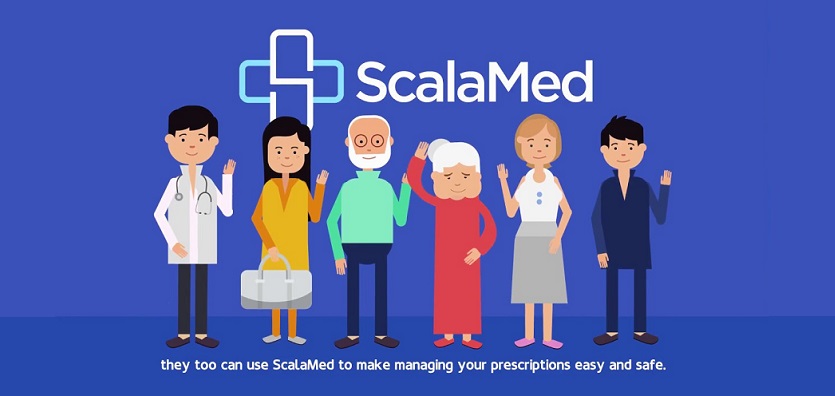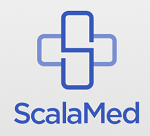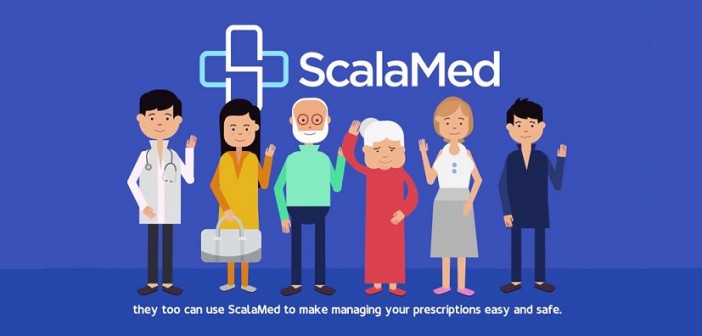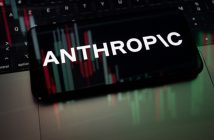
Blockchain technology meets patient-centered care
 An Australian healthcare start-up is rolling out a world-first, next generation digital prescription exchange system, leveraging the latest in blockchain technology and promising to revolutionise the future of personalised digital healthcare.
An Australian healthcare start-up is rolling out a world-first, next generation digital prescription exchange system, leveraging the latest in blockchain technology and promising to revolutionise the future of personalised digital healthcare.
ScalaMed, founded by trained doctor and former pharmaceutical executive Tal Rapke, leverages the latest in blockchain technology to provide a commercially viable, scalable, integrated and decentralised application for patients, doctors and pharmacists.
ScalaMed enables patients to access all of their one-use, blockchain stamped prescriptions through an intuitive app on their smartphone, providing patients with secure access to their own data. It allows patients to decide when and where they redeem their prescriptions.
“We have created an enterprise-ready solution, we have a scalable, global and impactful solution to a very real, and very costly, problem,” said Rapke. “The combination of blockchain technology and digitised prescriptions is the future of healthcare.”
Using the Ethererum blockchain, prescriptions are encrypted and stored in a patent protected way, to protect patients’ privacy, to prevent the double spend of prescriptions, and to create a unique source of truth on one’s medication history. ScalaMed has created a next-generation approach to ensure both regulatory compliance, but also a decentralised approach to securing our most important data.
By ensuring safe and secure prescription management, the application also addresses the billions of dollars being lost in the Australian healthcare industry each year due to preventable costs.
Medication errors cost the healthcare industry $380 million per year due to avoidable hospital admissions, and poor adherence among patients costs $660 million each year1.
“Technology is the key to minimising wastage in Australia’s already stretched medical system. While an ageing population and greater need for healthcare services are the biggest drivers of demand, the sub-optimal management of prescription medications is also driving up costs,” says Rapke.
ScalaMed offers an effective, sustainable and profitable way to support digital prescriptions and realise large savings across the medical system. With the Australian market dispensing 280 million prescriptions per year, the scope for growth is vast.
“ScalaMed has the potential for massive impact, with minimal disruption to patients and providers,” says Rapke. “Blockchain is a source of truth for prescription data; it’s the best form of technology to solve this real-life problem, with its solid balance between usability and security. Rather than using paper, or storing patient’s prescriptions in central repositories, ScalaMed’s technology offers a more secure and patient centered approach to realising a digital prescription future.”
Globally, the sophisticated decentralised platform is also set to have a large impact. The adherence market is more than $300 billion per year in the USA alone; current adherence reminders require manual entry and have limited integration capability. Telehealth is also looking at market massive growth to $113B in 7 years, which will require digital prescriptions.
“We have unparalleled healthcare and blockchain expertise to navigate the global ecosystem. This technology has substantial disruptive vision, with lucrative opportunities to scale across all healthcare.”
“It is the spine to an eventual blockchain-enabled consumer-centered health record and represents a big step towards personalised healthcare and medicine,” said Dr Rapke.
“We have created an enterprise-ready solution and are testing it over the coming months to prove we have a scalable, global and impactful solution to a very real, and very costly, problem,” said Dr Rapke. “The combination of blockchain technology and digitised prescriptions is the future of healthcare.”
The prototype for the platform will be ready in November. ScalaMed commences an Australian pilot in December 2017, with three sites already confirmed and more to follow.
References
1. June 2010, “Australian Department of Health and Ageing: Evaluation of the DAA/ PMP Programs” https://www.health.gov.au/internet/main/publishing.nsf/Content/F520A0D5EDEA0172CA257BF0001D7B4D/$File/DAA%20PMP%20Report.pdf





